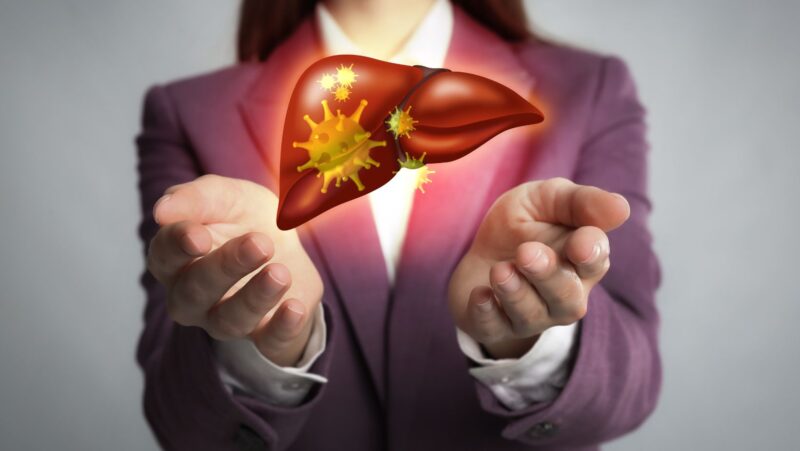
The journey of addiction recovery can be long and difficult and often requires more than just individual therapy to overcome. That’s where group therapy comes in. Group therapy for addiction recovery is a form of treatment that involves individuals struggling with addiction coming together to share their experiences, emotions, and thoughts. This approach has been proven effective in helping individuals overcome addiction and improve their overall quality of life. In this blog post, we will explore the benefits of group therapy for addiction recovery and how it can help individuals achieve long-term sobriety.
Group therapy is often part of an addiction treatment program and can be facilitated by a qualified healthcare professional, such as a licensed therapist or counselor. It typically involves a small group of individuals, ranging from 6 to 12 people, who meet regularly to discuss addiction-related topics and offer support to one another. Some popular group therapy topics may include managing cravings and triggers, developing coping skills, improving communication and interpersonal relationships, and exploring underlying issues contributing to addiction.
Here are some of the key benefits of group therapy for addiction recovery:
Safe and Supportive Environment
One of the main benefits of group therapy for addiction recovery is that it provides individuals with a safe and supportive environment where they can share their experiences and emotions without fear of judgment or criticism. Group therapy allows individuals to connect with others who are going through similar struggles and can relate to their experiences. It can also help individuals feel less isolated and alone, which is a common feeling among those who are struggling with addiction.
Sense of Belonging
Addiction can often lead to isolation and disconnection, as individuals may withdraw from loved ones and social activities. Group therapy provides a space where individuals can connect with others who are going through similar experiences, fostering a sense of belonging and social support that can be crucial for successful recovery. Through sharing their struggles and receiving feedback and support from others, individuals can feel less alone and develop a sense of community that is often lacking in addiction recovery. This can help reduce shame and stigma and promote a greater understanding of hope and optimism about the future.

Accountability
Another benefit of group therapy for addiction recovery is that it gives individuals a sense of accountability. Group therapy encourages individuals to take responsibility for their actions and positively change their behavior. By sharing their experiences and goals with others in the group, individuals are held accountable for their progress and are more likely to stay committed to their recovery.
Cost-Effectiveness
Compared to individual therapy, group therapy can often be a more affordable option. This is because the cost of therapy is shared among the group members, making it a more accessible choice for individuals with limited financial resources or those without insurance.
In addition to the benefits mentioned above, group therapy for addiction recovery can also help individuals:
Develop Better Communication And Social Skills
Group therapy provides a supportive environment where individuals can practice effective communication and social skills, which can translate to improved relationships with loved ones and peers outside of treatment. By receiving feedback and guidance from others in the group, individuals can learn how to express themselves more healthily and productively, improving their overall quality of life.
Gain a New Perspective on Addiction
Group therapy provides individuals with the opportunity to hear from others who are at different stages of recovery, which can offer new insights and perspectives on addiction. This can inspire hope and motivate individuals to continue their recovery journey toward a brighter future.
Learn From Others
Through group therapy, individuals can learn from others who have achieved success in their recovery journey, providing them with valuable insights and inspiration to support their recovery. This can foster a sense of hope and motivation and empower individuals to continue working towards their goals.
Reduce Feelings of Shame And Guilt
Addiction can be a very isolating experience, and individuals often feel ashamed or guilty about their behavior. Group therapy provides a supportive and non-judgmental environment where individuals can express their emotions and receive empathy from others in the group.

Improve Mental Health
Group therapy can be an effective treatment option for individuals who are struggling with underlying mental health issues, such as anxiety, depression, and PTSD, which commonly co-occur with addiction. By providing a safe and supportive space to address these issues with the guidance of a trained therapist and the support of peers, individuals can work towards healing and achieving long-term recovery.
In conclusion, group therapy can be a highly effective treatment option for individuals struggling with addiction. Through group therapy, individuals have the opportunity to receive social support, practice effective communication and social skills, learn from others, gain new perspectives, and address underlying mental health issues. These benefits can foster a sense of hope, motivation, and empowerment, helping individuals to achieve lasting recovery and improve their overall quality of life. Whether as a primary or supplemental form of treatment, group therapy can be an invaluable tool for individuals on their journey toward recovery.












